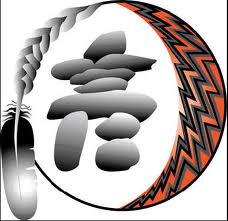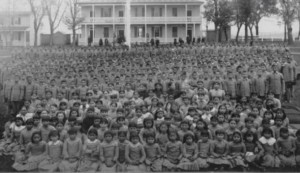http://eec.edc.org/cwis_docs/NEWS_ARTICLES_JOURNALS/marshall_james.pdf
JAMES D. Educational Philosophy and Theory, Vol. 32, No. 1, 2000
This site may not be appropriate for module #4 – however, I did think it was interesting and wanted to post the information.
This article examines the introduction of technology within the Maori people within the New Zealand curriculum framework. It highlights the nature of technology and the issues in implementing this paradigm within a Western idealized education system when dealing with the aboriginal people of New Zealand. The author highlights that there has been little to no research done on the impact or nature of technology on aboriginal people or the resulting influence on the people and their culture.


